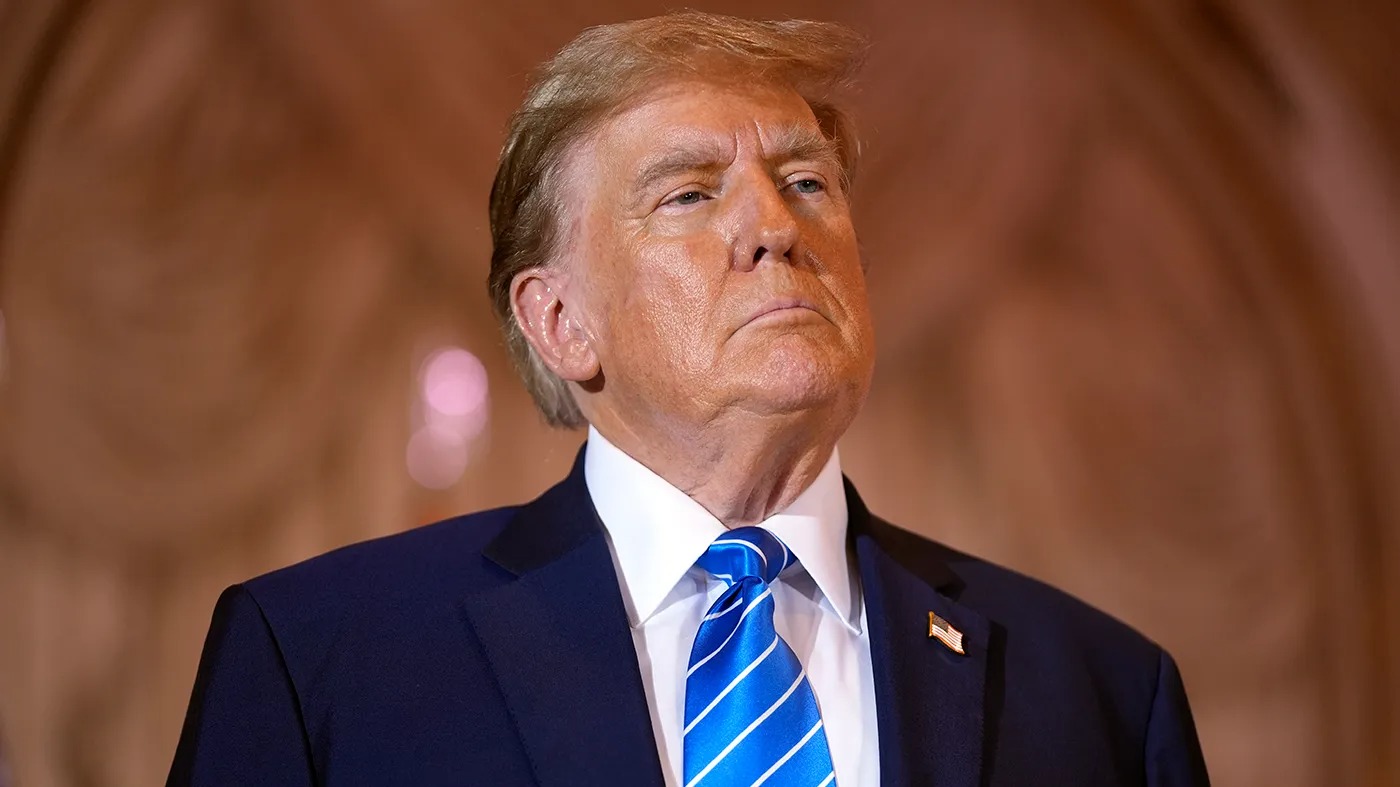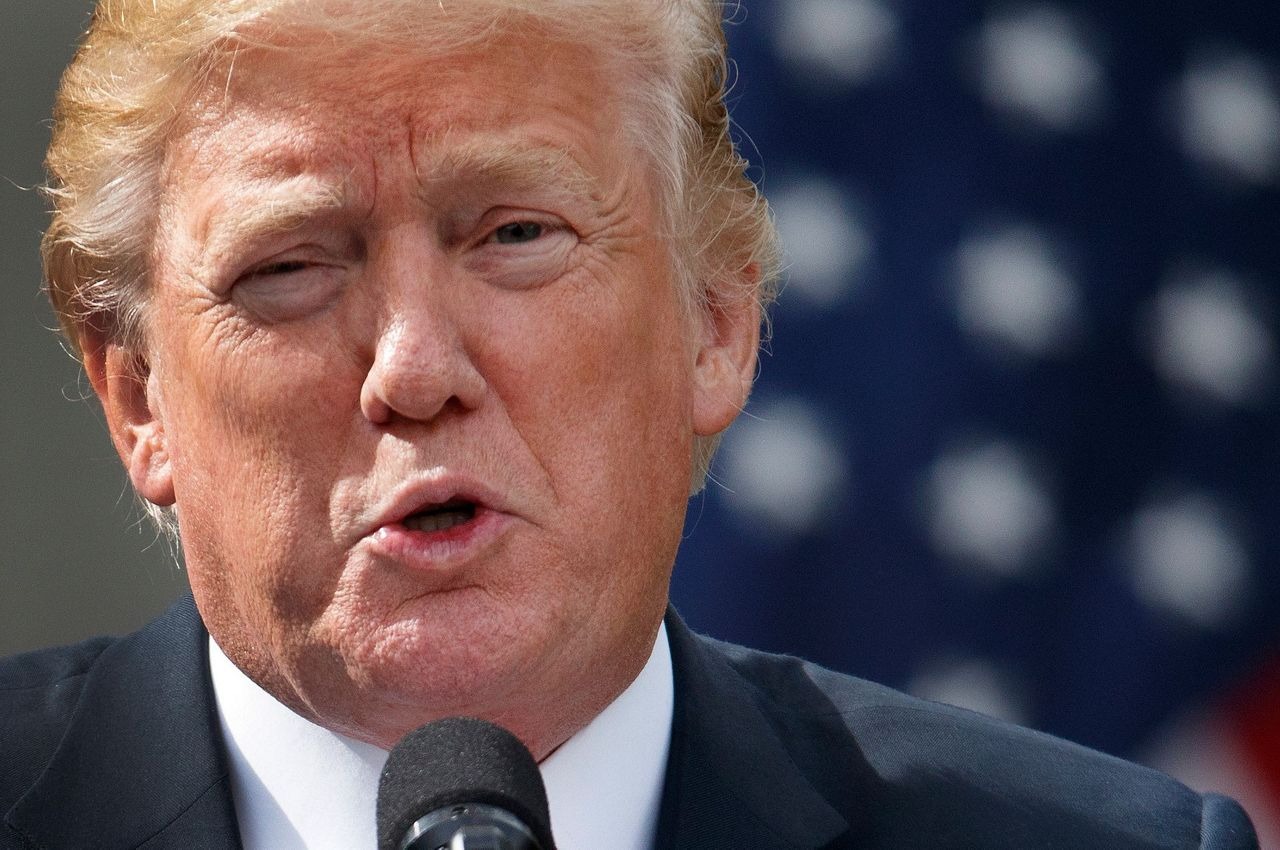In a recent interview on “Sunday Morning Futures” on Fox News, Senator Tim Scott (R-S.C.) weighed in on the future Senate Republican leadership, emphasizing the importance of alignment with former President Donald Trump.
With Senator Mitch McConnell (R-Ky.) set to step down from his leadership post in November after a 17-year tenure, the discussion surrounding his successor has intensified.
Senator Scott expressed his preference for a Senate leader who can collaborate closely with President Trump, emphasizing the need for a majority that prioritizes America’s interests in partnership with Trump.

He outlined key priorities such as border security, tax cuts, and maintaining law and order in communities, emphasizing Trump’s leadership role in shaping a brighter future for the country.
Among the contenders for McConnell’s leadership role are Senators John Cornyn (R-Texas) and John Thune (R-S.D.), both of whom have announced their candidacy. Senator John Barrasso (R-Wyo.) also signaled his intention to run for Senate GOP whip in 2025.
Senator Rick Scott (R-Fla.) revealed his consideration of a leadership run and discussed his meeting with President Trump, highlighting the potential for collaborative efforts to steer the country in a positive direction.
Another potential contender, Senator Rand Paul (R-Ky.), garnered significant support in a social media survey, receiving endorsements from figures like Elon Musk and Robert F. Kennedy Jr.

During a visit to the southern border, President Trump refrained from endorsing a specific candidate but acknowledged the presence of numerous viable choices to replace McConnell.
In addition to discussing leadership transitions, Senator Scott asserted his belief that the black community will support President Trump in the upcoming election, citing enthusiasm among African American voters and concerns about migrant-related crime.
Recent polling data from Emerson College indicates a close race between former President Trump and President Biden, with both candidates garnering 45 percent support among registered voters.
The survey also highlights various issue-based preferences among independents, underscoring the complexity of voter sentiments leading up to the election.


